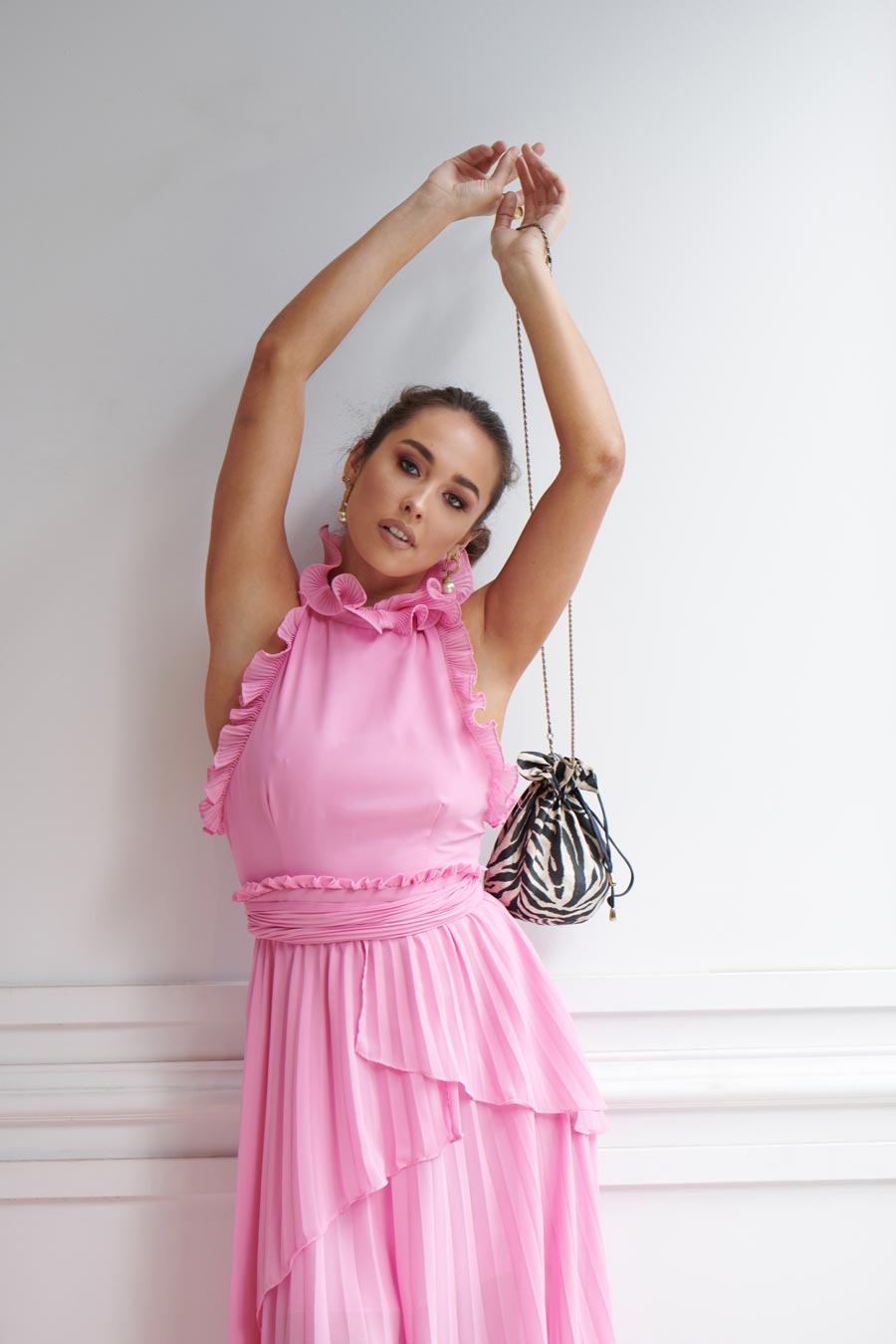In a press release by the UN Climate Change framework on 10 December, a fashion industry led charter was created and signed onto by over 40 contributors, to encourage the fashion industry to improve its sustainability and decrease its environmental impact from within. It’s named: The Fashion Industry Charter for Climate Action.
Cover Photo: Stella McCartney, who helped launch the initiative – image from The Guardian.
Key goal: Zero net emissions from the Fashion Industry by 2050, following the framework of the Paris Agreement.
The Paris Agreement is a work programme created by the United Nations Climate Change Framework with the primary motive for addressing greenhouse gas emissions and climate change – signed near Paris by 195 countries in 2016. The key long term goal is to keep global temperatures from rising more than 2 degrees celsius, with each of the countries involved committing to active change and specific goals to decrease their effect on the planet.
It’s kind of a big deal.
When you consider that the fashion industry covers textiles, footwear, clothing, leather, and other raw materials production – and how long and intensive the production chains are for each of these products and for the products that eventually reach the consumer, well – it’s a major commitment.
Some big names are committing to the longevity through sustainability of their industry, helping to drive exposure of the issue.
Design heavyweight and long-time environmental activist Stella McCartney is directing her fashion label headlong into the charter, sharing her enthusiasm for lab-grown alternatives to leather products, some of which she is set to feature in next season’s collection. She says “Sustainability is expensive because it is not yet popular”, explaining that man-made alternatives to leather are often made in very small quantities due to low demand – something that will only change by educating the consumer.
Key addressed areas for improvement:
- Choice of sustainable + climate friendly materials
- Low-carbon transport
- Decarbonisation of transport
- Increasing consumer awareness
- Reassessing business models
- Phasing out coal-fuelled energy
It isn’t just fashion labels getting involved – textile manufacturers and even shipping companies are raising their hands to decrease their impact on the planet.
Representatives from almost 40 luxury brands signed on to the charter last week, as well as high street fast fashion labels putting their hands up, a huge positive step forward for the industry that is largely fuelled by self-awareness of brands and the impact that they have on climate change. Here’s the full list of founding signatories:
adidas, Aquitex, Arcteryx, Burberry Limited, Esprit, Guess, Gap Inc., H&M Group, Hakro Gmbh., Hugo Boss, Inditex, Kering Group, Lenzing AG, Levi Strauss & Co., Mammut Sports Group AG, Mantis World, Maersk, Otto Group, Pidigi S.P.A, PUMA SE, re:newcell, Schoeller Textiles AG, Peak Performance, PVH Corp., Salomon, Skunkfunk, SLN Textil, Stella McCartney, Sympatex Technologies, Target and Tropic Knits Group.
Remember these names and look upon the favourably as the first to commit to a very serious and dedicated approach to climate change.
Short term goals include a 30% decrease in greenhouse gas emissions from fashion production by 2030.
Read the Press Release from the UN here.
It’s fashionable to care about the planet, and we’re stoked to see proper action being taken by powerful bodies who can slow down the speed of product and destruction in the fashion industry.
What a positive note to end 2018!
Reduce your consumption and hire the perfect outfit for your next event from All The Dresses. Browse over 4,000 items with lightning-fast search and filtering!


